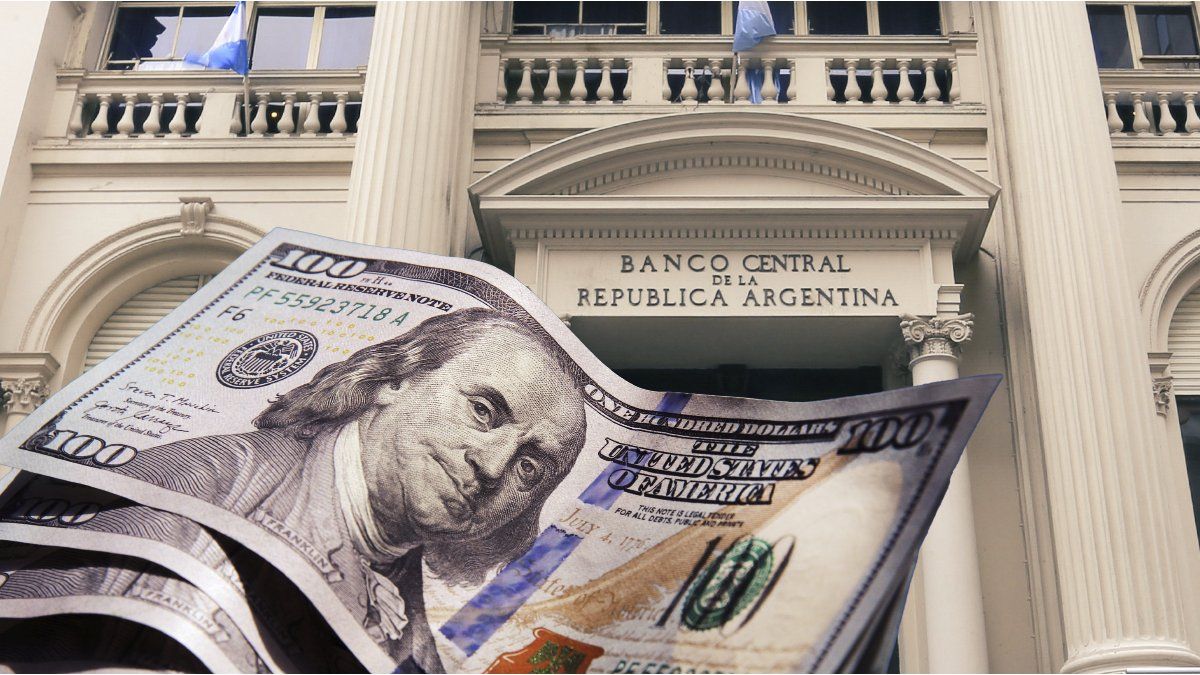In this framework, the chief economist of FIEL, Daniel Artana, analyzed that “The Government tried to give the signal that it will have the financing in dollars that it needs to meet all the commitments that there are this year. In fact, they were more or less covered: the Government had already purchased the dollars needed to pay the debt with the private sector. “In terms of multilateral organizations, the loans that are committed are more or less than what needs to be pay,” he added.
He then stated that “the economic numbers were closing but with this You want to give a signal that you have short-term liquiditybecause it is a loan with bond guarantees that mature in more than one year, with which you will improve the net reserves of the Central Bank” at an “interest rate of 8.8%.”
“The market has become convinced that the Government will have enough foreign currency to maintain the exchange rate policy it wants to have between now and the elections.“, he synthesized.
DANIEL ARTANA.jpg
Daniel Artana, chief economist of FIEL.
However, interviewed on FM Milenium he admitted that “normally the maturities are refinanced, but since Argentina has a very high level of country risk that can only be done by the private sector or some provinces” and warned that “we have negative net reservesthat is, the BCRA has liquidity but using other people’s dollars, and you have many pesos trapped in the large corralón that is the stocks and that there they want to convert to dollars.
Exit from stocks and exchange rate
He later stated that “To open the stocks you need positive net reservesand if the IMF gives you a loan that is normally for longer terms, The BCRA could have the possibility of opening the stocks without problems“, although he recalled that “it is clear that the IMF is not going to lend you dollars to maintain an artificially low parity.”
Even so, he considered that “if I look at labor costs in dollars, there is no feeling of exchange rate delay; if I look at the real multilateral exchange rate, it is appreciated, although not as much as convertibility.” “You have a negative external shock: we have soybeans at a historic low measured in dollars and you had a strong devaluation of the real. “It is possible that the economy needs a somewhat more depreciated exchange rate.”
Finally, he assessed that “you are not tied to 1 to 1, but you devalue at 2% per month so you might not lower that rate of devaluation and inflation will continue to decrease because the economy asks you for a more depreciated exchange rate“.
REPO: US$1,000 million were obtained at a rate of 8.8% annually
He Central Bank of the Argentine Republic (BCRA) reported that it arranged with five leading international banks a passive repos operation (REPO) with BOPREAL Series 1-D securities for the total tendered amount of US$1,000 million and a final term of 2 years and 4 months.
According to the entity, in the inaugural auction, held on December 27, the BCRA received offers for US$2,850 million, almost three times the tendered amount. However, they said that, “Faced with excess demand and in view of the favorable evolution of its international reserves, the BCRA chose not to take a larger amount”.
“This REPO operation with BOPREAL securities provides the BCRA with a new tool to manage its liquidity in foreign currency at a lower cost than that offered by the options available until now.“, detailed the entity. And it assured that this new REPO tool increases the flexibility of the BCRA to mitigate imbalances that may exist between the supply and demand of foreign currency in the local exchange market.
This is a new debt that the Government takes on through the monetary regulator. “In this way, The BCRA reduces the risks surrounding the implementation of its exchange and monetary policy objectivesand facilitates the anchoring of economic expectations,” they maintained from the entity.
Source: Ambito
David William is a talented author who has made a name for himself in the world of writing. He is a professional author who writes on a wide range of topics, from general interest to opinion news. David is currently working as a writer at 24 hours worlds where he brings his unique perspective and in-depth research to his articles, making them both informative and engaging.




